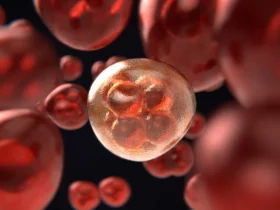A diet is something you follow to lose weight. To some it may sound like a fun way to get in shape, however, most people think of diets in terms of how they affect their body and the way it functions. Many people on the diet have claimed that it enables them to stop sensing hunger, manage their blood sugar better, and even experience some noticeable metabolic changes. While there has yet to be any concrete evidence backing up these claims, one thing is for sure: if you’re trying to lose weight and have been using keto diets in the past, you should be aware of some potential side effects. The keto diet, in particular, has come under fire for its alleged link to a wide array of chronic diseases.
The foods that are emphasized on a keto diet are the very products that cause colon cancer, heart disease, and Alzheimer’s disease,” stated study co-author Neal Barnard, president of the Physicians Committee for Responsible Medicine and university professor.
The researchers also observe that the keto strategy adopted by pregnant women may lead in fact to babies with brain and spinal tube abnormalities. The new study also reveals that the risk of serious COVID-19 increases with this diet.
Keto diets are bad for you because eating doesn’t give you the energy you need. It kicks start your metabolic rate which drops so you weigh less. It can make you fussy, lethargic, and irritable. A ketogenic diet consists of very low carbohydrate levels, typically below 50 grams per day for women and 75 gm/day for men. However, as any dietician will tell you, it’s vitally important that you follow a balanced diet to keep your body healthy and able to utilize its resources. It’s not a long-term solution to weight loss, although we live in a society that emphasizes quick gratification over long-term health.











Leave a Reply